
DEA MATE - Activity 3 - Substance Use Screening and Treatment Approach in the ED – Non-Opioids
- Registration Closed
Overview
Release date: 6/1/2023
Reviewed and renewed: 6/1/2024
Expiration date: 6/1/2025
Activity 3 of the ACMT DEA MATE Act Substance Use Disorder Educational package consists of 5 20-minute or less modules that were originally created for a SAMHSA-funded project called "Frontline: Training Emergency Medicine Residents and Medical Toxicology Fellows to Effectively Screen, Assess, and Treat Patients with Substance Use Disorder." The goal of this project was to provide the same level of training that a Medical Toxicologist might receive on how to provide consultation on SUD patients in the ED to a multidisciplinary emergency department team and staff. The idea being that expanded competency in the ED would result in more cohesive team treatment and better patient outcomes. This activity features highlights from the ACMT SAMHSA curriculum that have a specific focus on non-opioids, for example: stimulants, benzodiazepines, cannabis, and ethanol. Check out the course syllabus for more info.
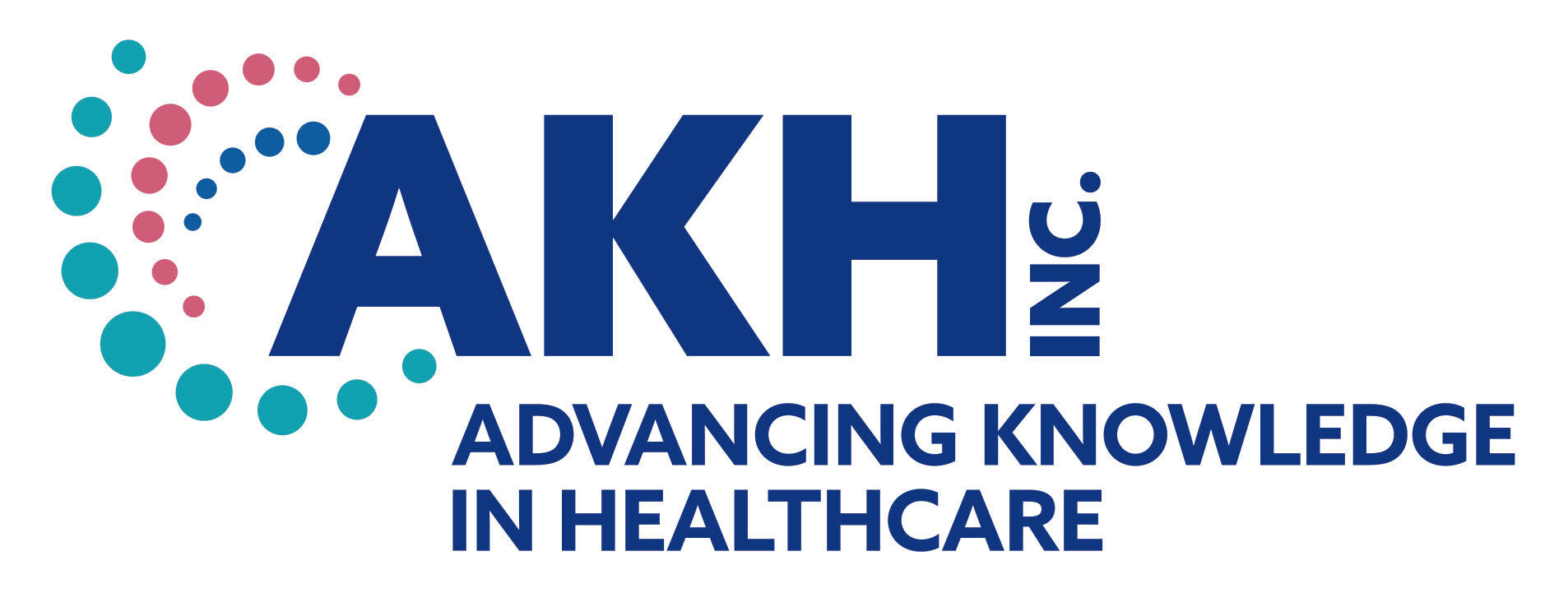
Continuing Education credit for this activity is provided by AKH Inc., Advancing Knowledge in Healthcare. For more info, click here.
CE: 1.25
Length of Activity: ~ 1.5 hours
Target Audience
All Drug Enforcement Administration (DEA)-registered practitioners who treat patients with opioid or other substance use disorders, including physicians, nurse practitioners, physician assistants, and dentists.This requirement applies to new or renewing DEA registrants.
Learner Objectives
- Select potential treatments for stimulant use disorder and the basis for use.
- Describe the pharmacology of Benzodiazepines and select appropriate management options for Benzodiazepine overdose and withdrawal.
- Review adverse health events associated with cannabis use and their treatments.
- Describe characteristics of the alcohol withdrawal syndrome, determine the initial treatment strategy to address alcohol withdrawal, and identify the progression of treatment for resistant alcohol withdrawal treatment.
- List the available pharmacotherapies of alcohol use disorder.
Commercial Support
There is no commercial support for this activity.
Disclosure of Unlabeled Use and Investigational Product
This educational activity may include discussion of uses of agents that are investigational and/or unapproved by the FDA. Please refer to the official prescribing information for each product for discussion of approved indications, contraindications, and warnings.
Disclaimer
This course is designed solely to provide the healthcare professional with information to assist in his/her practice and professional development and is not to be considered a diagnostic tool to replace professional advice or treatment. The course serves as a general guide to the healthcare professional, and therefore, cannot be considered as giving legal, nursing, medical, or other professional advice in specific cases. AKH Inc. specifically disclaim responsibility for any adverse consequences resulting directly or indirectly from information in the course, for undetected error, or through participant's misunderstanding of the content.
ACMT DEA MATE Act SUD Education
This course consists of 4 separate activities which satisfy the new, eight-hour education requirement issued by the Drug Enforcement Administration (DEA) to meet the conditions of the MATE Act for all registered practitioners on treating and managing patients with opioid or other substance use disorders.
- Activity 1: Clinical Updates on Substance Use Disorder (2.75 CR)
- Activity 2: Substance Use Screening and Treatment Approach in the ED – Opioids (1.50 CR)
- Activity 3: Substance Use Screening and Treatment Approach in the ED – Non-Opioids (1.25 CR)
- Activity 4: Highlights from Addiction Toxicology Case Conferences (3.0 CR)
Attendees can register for each activity separately as meets their needs or interest, or sign up for the 4-activity package (a $40 savings!). When taken together, the 4 activities add up to meet the full 8 credits required to maintain DEA licensure.
The training does not have to occur in one session–it can be cumulative across multiple sessions. CE activities listed on this page can be taken in any combination to fulfill the eight-hour requirement.
AKH Partnership
ACMT is partnering with AKH, a trusted source for accredited CE, to offer you two options to satisfy your MATE Act requirement. Choose the format you prefer - on-demand webinars from ACMT or text-based monographs from AKH - and select the hours you need.
For details, visit AKH at: www.akhcme.com/mate-act
Syllabus
Total Activity Length: around 1.5 hours (95 minutes)
SAMHSA Module: Stimulants | 20 min
Timothy J. Wiegand, MD, FACMT, DFASAM, Director of Toxicology and of the Toxicology Consult Service, University of Rochester Medical Center, Rochester, NY
In this module, the speaker identifies types of stimulants used recreationally, and describes the epidemiology and prevalence of stimulant use disorder. He also discusses the stimulant-related symptoms a patient may present with at the emergency department and matches potential treatments and basis for use.
SAMHSA Module: Benzodiazepines | 23 min
Rachel Haroz, MD, Assistant Professor of Emergency Medicine, Cooper Medical School of Rowan University, NJ
In this module, the speaker describes the pharmacology of Benzodiazepines, and identifies the signs of Benzodiazepine overdose and withdrawal. She review appropriate management options for Benzodiazepine overdose and withdrawal and identifies tapering options. She also discusses the limitations of diagnostic urine testing.
SAMHSA Module: Cannabis (THC) | 18 min
Evan Schwarz, MD, FACMT, Associate Professor of Emergency Medicine, University of California, Los Angeles, CA
This module reviews adolescent attitudes regarding use of cannabis before and after changes in legal status. The speaker discusses the impact of the changing legal status of cannabis on pediatric exposures and reviews adverse health events associated with cannabis use and their treatments.
SAMHSA Module: Ethanol Withdrawal | 17 min
Lewis Nelson, MD, FACMT, Chair of the Department of Emergency Medicine, Rutgers New Jersey Medical School, Newark, NJ
The speaker in this module describes characteristics of the alcohol withdrawal syndrome, identifying related causes of death. He describe initial treatment strategies to address alcohol withdrawal, and goes through the progression of treatment for resistant alcohol withdrawal treatment. Lastly, he explains the role of adjunctive medications in alcohol withdrawal syndrome.
SAMHSA Module: Therapies to Maintain Sobriety from Alcohol | 17 min
JoAn Laes, MD, FACMT, FASAM, Abbott Northwestern Hospital, Allina Health, Minneapolis, MN
In this module, the speaker lists the available pharmacotherapies of alcohol use disorder, and identifies the proper dose for at least one of the AUD pharmacotherapies. She reviews the six dimensions of ASAM levels of care and covers how to select referral options for treatment of patients with alcohol use disorder.
Disclosures
None of the planners or faculty for this educational activity have relevant financial relationship(s) to disclose with ineligible companies whose primary business is producing, marketing, selling, re-selling, or distributing healthcare products used by or on patients. All of the relevant financial relationships listed for these individuals have been mitigated.
AKH Reviewers and Planners
Dorothy Caputo, MA, BSN, RN, VP, Healthcare Continuing Education and Operations Bernadette Makar, MSN, APRN-BC, NP-C
Disclosures
It is the policy of AKH Inc. to ensure independence, balance, objectivity, scientific rigor, and integrity in all of its continuing education activities. The author must disclose to the participants any significant relationships with ineligible companies whose products or devices may be mentioned in the activity or with the commercial supporter of this continuing education activity. Identified conflicts of interest are mitigated by AKH prior to accreditation of the activity. AKH planners and reviewers have no relevant financial relationships to disclose.
Registration Rates
ACMT Member | Free |
| Non-member | $35 |
Registration includes:
- 90-day access to the course from date of purchase
- Continuing Education Credits for: Physicians, Nurse Practitioners, Physician Assistants or Dentists. Click on the "Continuing Education" tab for details.
The accreditation of this activity is valid until June 1, 2024.
Membership Discount
Interested in becoming an ACMT Member? Contact our Membership Manager at membership@acmt.net.
Learn more at: www.acmt.net/membership
Refunds and Cancellations
For questions regarding our refund and cancellation policy, please email us at events@acmt.net.
Package Options - Discounted Rates!
Purchase all 4 ACMT DEA MATE Act Education activities at the same time -- a $40 savings! When packaged together, the 4 activities award 8.50 credits, more than the requirement needed to maintain DEA licensure.
Instructions
Once you have completed your registration:
- Click on the Contents tab. This is where you will be able to see all lectures and required content for this course.
- Watch all recordings. Learners will not be able to fast forward or increase the video speed. Learners will be required to watch at least 3/4 of the video before it will be marked as complete and you can move on to the next.
- Complete Post-Test. Learners will have unlimited attempts and the test requires 70% to pass.
- Complete Survey. This survey is required by our CE provider and must be completed in full.
- Download Continuing Education Certificate. Select which certificate to download. Your options are: Physician, Physician Assistant, Nurse Practitioner, or Dentist.
Hardware/Software Requirements
Computer or Other Internet-Enabled Device; Internet Connection; Browser.
Materials
None.
Prerequisites
None.
Format
This activity is Web-based/Web on Demand.
Need Assistance or Have Questions?
For assistance logging in, accessing content, purchasing or completing Continuing Education credits, or for other questions, please contact us at events@acmt.net or visit our FAQ page.
If you have questions regarding the CE of this activity, please contact AKH Inc. at JGoldman@akhcme.com.
If you are in need of accessible learning accommodations, please contact events@acmt.net for additional assistance.
Continuing Education
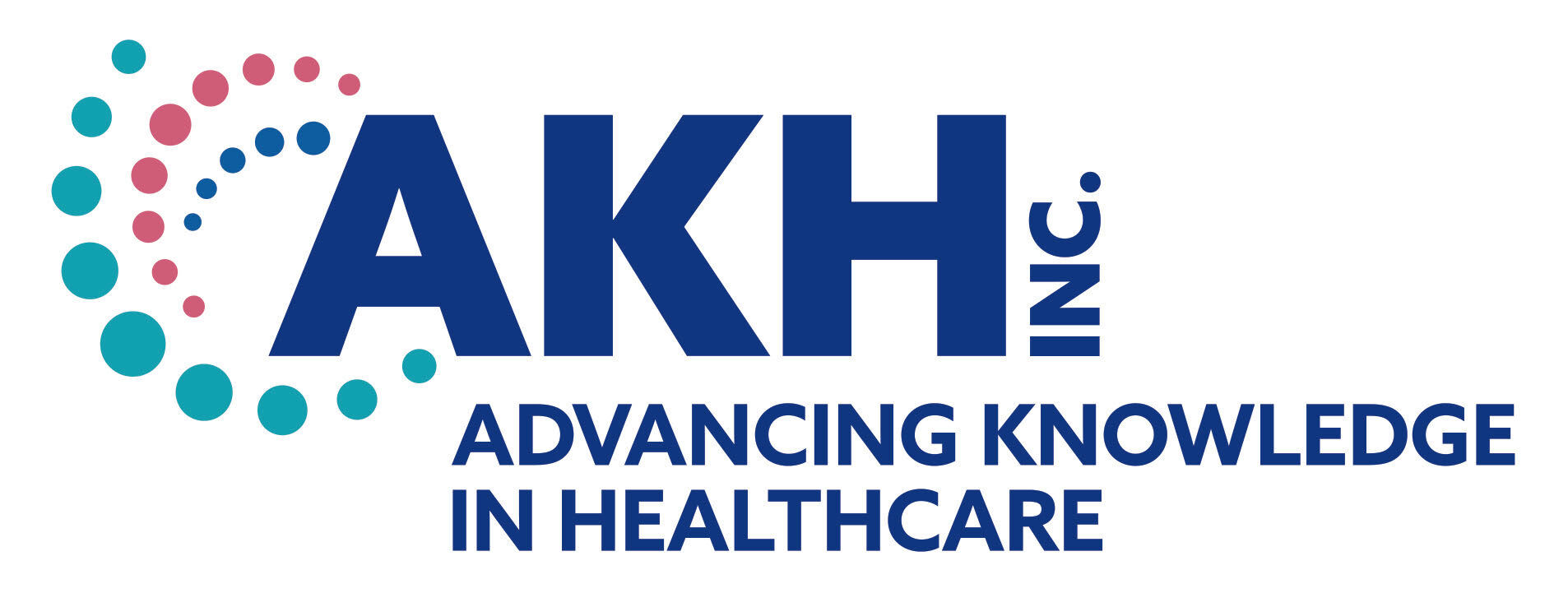
Continuing Education credit for this activity is provided by AKH Inc., Advancing Knowledge in Healthcare.
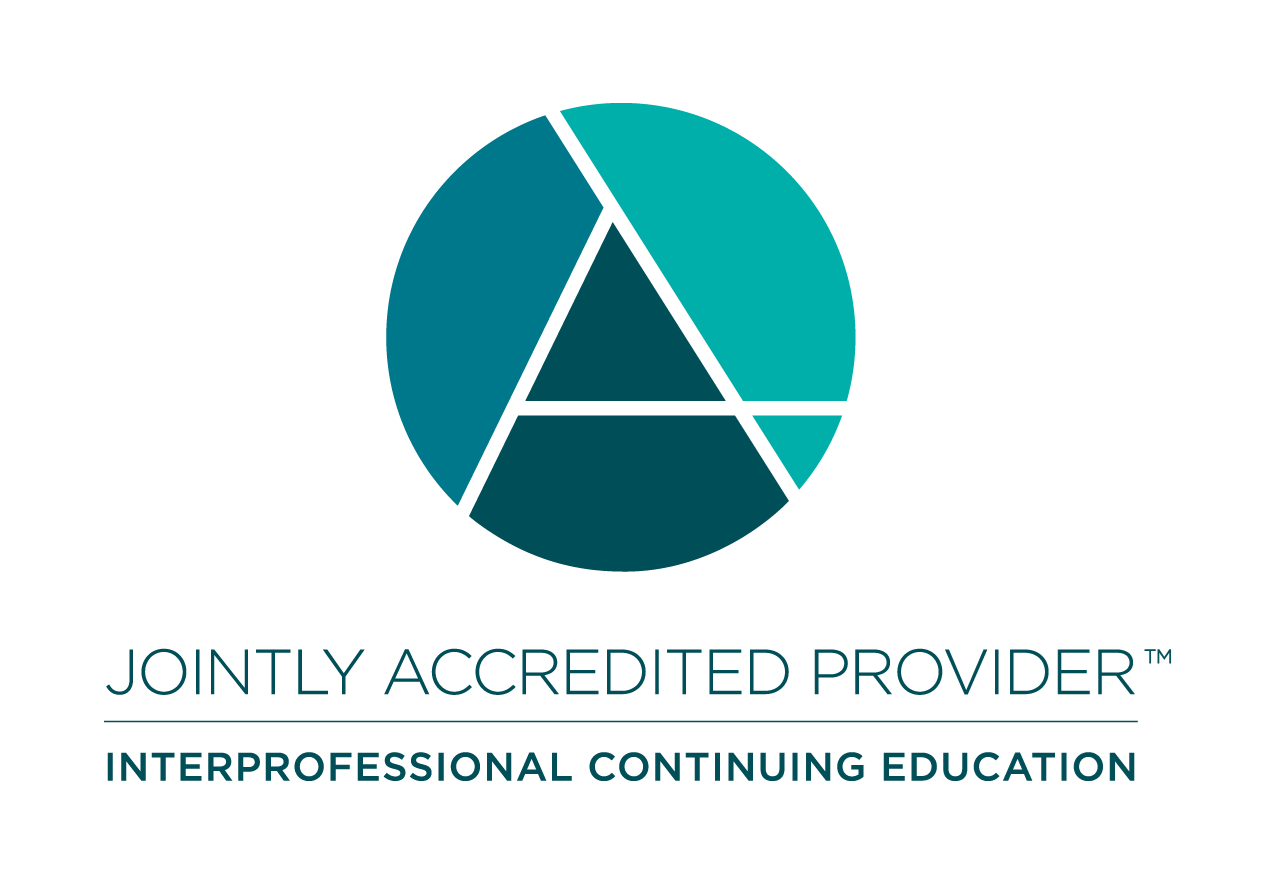
In support of improving patient care, this activity has been planned and implemented by AKH Inc., Advancing Knowledge in Healthcare and American College of Medical Toxicology (ACMT). AKH Inc., Advancing Knowledge in Healthcare is jointly accredited by the Accreditation Council for Continuing Medical Education (ACCME), the Accreditation Council for Pharmacy Education (ACPE), and the American Nurses Credentialing Center (ANCC), to provide continuing education for the healthcare team.
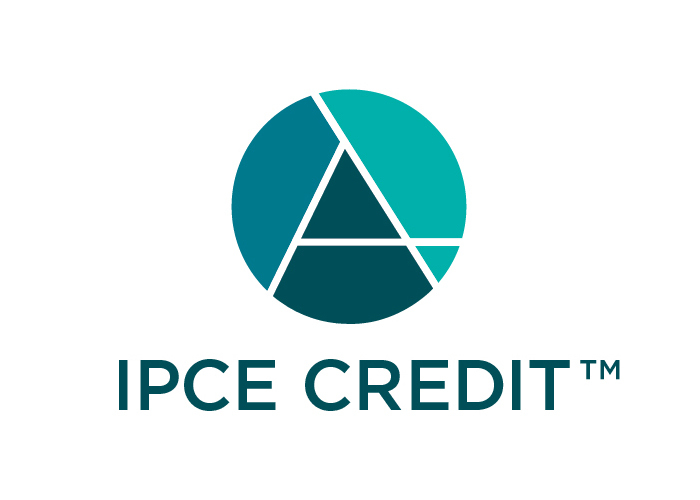
This activity was planned by and for the healthcare team, and learners will receive 1.25 Interprofessional Continuing Education (IPCE) credit for learning and change.
Physicians
AKH Inc., Advancing Knowledge in Healthcare designates this enduring material for a maximum of 1.25 AMA PRA Category 1 Credit(s)™. Physicians should claim only the credit commensurate with the extent of their participation in the activity.
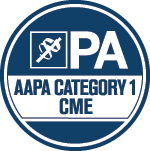
Physician Assistants
AKH Inc., Advancing Knowledge in Healthcare has been authorized by the American Academy of PAs (AAPA) to award AAPA Category 1 CME credit for activities planned in accordance with AAPA CME Criteria. This activity is designated for 1.25 AAPA Category 1 CME credits. Approval is valid until June 1, 2024. PAs should only claim credit commensurate with the extent of their participation.

Nurse Practitioners
This activity has been planned and implemented in accordance with the Accreditation Standards of the American Association of Nurse Practitioners (AANP) through the joint providership of AKH Inc., Advancing Knowledge in Healthcare and American College of Medical Toxicology (ACMT). AKH Inc., Advancing Knowledge in Healthcare is accredited by the American Association of Nurse Practitioners as an approved provider of nurse practitioner continuing education. Provider number: 030803. This activity is approved for 1.25 contact hour(s) (which includes 1.0 hour(s) of pharmacology).

Dentists
AKH Inc., Advancing Knowledge in Healthcare is an ADA CERP Recognized Provider. ADA CERP is a service of the American Dental Association to assist dental professionals in identifying quality providers of continuing dental education. ADA CERP does not approve or endorse individual courses or instructors, nor does it imply acceptance of credit hours by boards of dentistry. Concerns or complaints about a CE provider may be directed to the provider or to the Commission for Continuing Education Provider Recognition at ADA.org/CERP.
AKH Inc., Advancing Knowledge in Healthcare designates this activity for 1.25 continuing education credits.
Concerns or complaints about a CE provider may be directed to the provider, or to the Commission for Continuing Education Provider Recognition at ADA.org/CERP.


